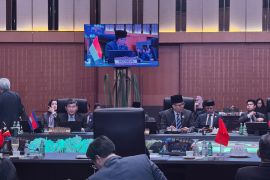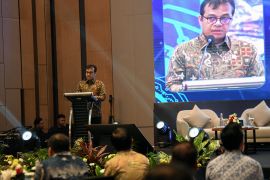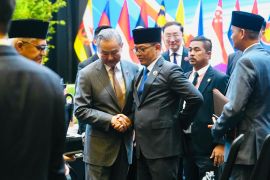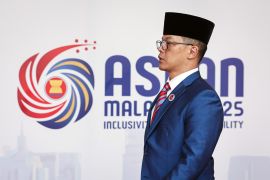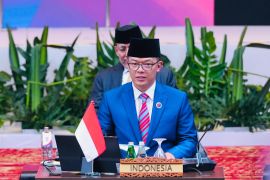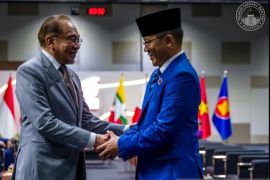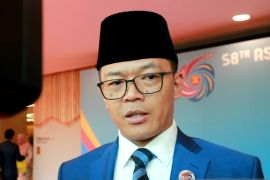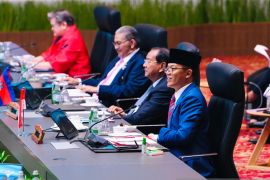ASEAN Secretariat, in a written communication received by ANTARA on Monday evening, said the meeting in Jakarta will be held to response to the call on ASEAN by the United Nations Security Council (UNSC), for the first time, to ensure an effective dialogue in search of a lasting solution to the border dispute between two member states.
"UNSC`s open and official support for conciliation efforts to the ASEAN Chair is a sign that the United Nations has faith in ASEAN to help its Member States find amicable regional solutions to bilateral problems such as this," said ASEAN Secretary-General, Dr Surin Pitsuwan.
Last Monday, the Foreign Minister of Indonesia, Marty Natalegawa, participated in an urgent UNSC meeting in New York to deliberate on the recent military incidents along the Cambodian-Thai border.
This was the first time the UNSC has ever taken up a bilateral ASEAN issue and Indonesia had been invited in its capacity as the current chair of ASEAN.
At the meeting, the UNSC concluded that the two ASEAN Member States should pursue the resolution to their dispute peacefully and through effective dialogue with the support of the ASEAN framework.
According to Articles 22 and 23 of the ASEAN Charter, disputing Member States have the option to request the Chairman of ASEAN or the Secretary-General, in an ex-officio capacity, to provide good offices, conciliation and mediation to resolve a dispute within an agreed time limit.
Internationally, the UNSC has tasked regional organizations such as the Organization for Security and Co-operation in Europe (OSCE), the African Union (AU) and the Organization of American States (OAS) to help solve disputes among their Members at the regional level.
Dr Surin reflected on how tomorrow`s meeting is a reminder of ASEAN`s past achievements. "We have reasons to be optimistic," he said, adding that "ASEAN is certainly rising to the occasion."
Some ASEAN member states had helped in the restoration of law and order in Timor-Leste in 1999 and helped Myanmar to open up for international assistance after the devastation of Cyclone Nargis in May 2008.
These successes were made possible by a proactive chair at that time using a concept that was called "an enhanced role of the chair."
Minister Natalegawa`s visits to Bangkok and Phnom Penh during the latest fighting before leaving for New York was also unprecedented and is a sign of proactive engagement by a chair. The minister pointed out that he anticipated the UNSC`s support for ASEAN`s efforts would be in synergy with regional and bilateral efforts already in full swing.
He further reiterated that "there is a strong desire to settle differences through peaceful means as agreed by all ASEAN Member States under the Treaty of Amity and Cooperation in Southeast Asia (TAC)."
The UNSC`s decision to entrust this important task to ASEAN is a positive evolution of ASEAN as a regional organization to shoulder its responsibilities. The ASEAN Charter clearly stipulates that ASEAN must strive "to maintain and enhance peace, security and stability in the region," ASEAN Secretariat said. (*)
Editor: Kunto Wibisono
Copyright © ANTARA 2011
